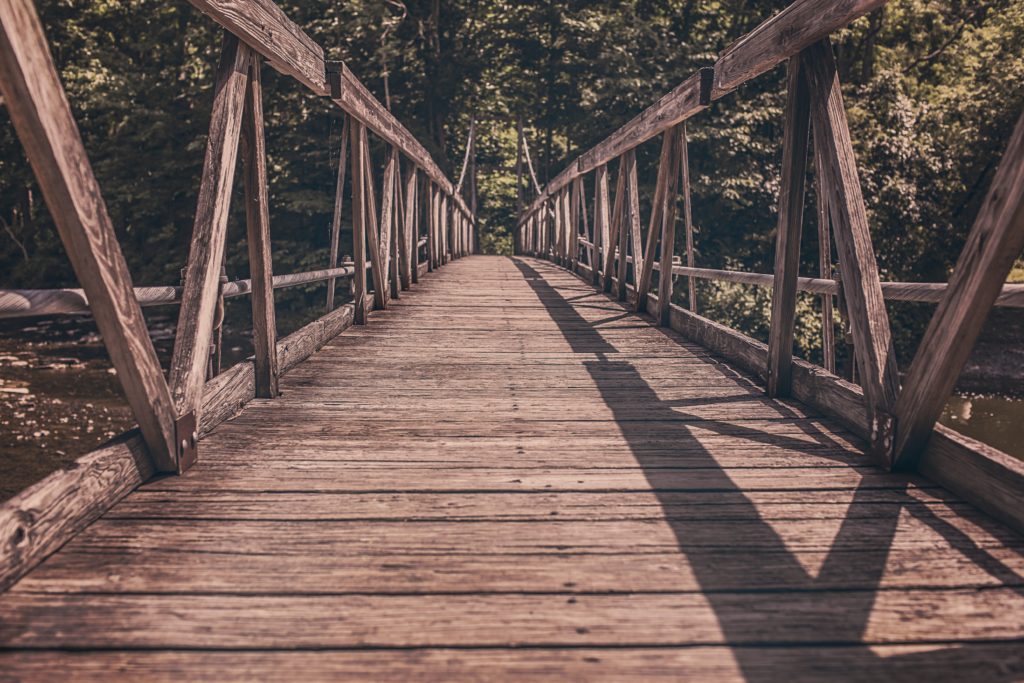Guest Blogger: Kristin Barnes
I am the proud mama of three boys who attend our Northwest Denver neighborhood elementary school. When my oldest son started ECE there in the fall of 2012, I co-founded a PTO and immediately became more involved in the school. I later joined the Collaborative School Committee (CSC) and after that the District Accountability Committee (DAC) with membership on the Budget and Performance Subcommittees as well.
As my involvement increased, so did my level of understanding of the struggles of our school and others like it. A vast majority of students live in poverty, (represented by an 84% FRL.) Like others throughout the district, neighborhood families are struggling with higher rents, costs of living and even homelessness. After several years of challenges and bad press including facing the threat of a possible restart, our school is finally seeing an upward academic trajectory.
As a parent and community member, I have not been alone in questioning some of the decisions of our District’s leadership. With as far as we are from reaching our “2020 Plan” goals, there is obviously plenty more work that needs to be done. If it is possible to be both, I am both hopeful and skeptical that we will be able to move forward quickly.
After I registered for the “Denver: Past, Present and Future” panel event, I started to wonder if I might hear nearly the same message from everyone. I thought that members of the panel would sound more like politicians who rarely admit their mistakes or faults. Maybe the messaging would be something like “we’ve done ok and made some improvements, but maybe we should push a little more.”
That wasn’t the case.
What I witnessed was respectful disagreement among panel members. I heard an apology from one former colleague to another. I listened to a group of four who all want solutions, and who were willing to acknowledge their previous mistakes in their approaches to those solutions. I think this represents how we need to move forward.
One of the concepts that arose was something that has been bothering me for a long time. It’s the “us against them” mentality that is pervasive in our society right now. You’re either on this side or you’re on that side and it’s incredibly divided. There isn’t a lot of middle ground. What I heard echoed that Thursday morning was a desire and a need for people to build a bridge and meet in the middle. Let’s find the middle ground.
I absolutely understand that there are people in this world who have faced enormous challenges. There are those who wake up every day feeling that they have been wronged and that life is unfair. I understand that many are in great pain and some are angry about how they’ve been treated. I know that some of those ways in which they’ve been hurt are deeply tragic. And I know that for some, these burdens feel insurmountable.
However at some point I think we have to start asking questions about how can we actually fix the problems at hand. I think we need to start asking each other to find solutions instead of just rehashing why we are angry. We can also look at our our mistakes – our roles in creating and perpetuating the anger that we feel.
As far as recent events, I’ve already heard some pushback after the DPS Board announced that they plan to seek additional community input. To those critics I ask, “if you were them, how would you do it?” Is a one-sided, heated commentary during the Board public comment session really the way to “be heard?”
One of the panelists made the point that “we are smacking each other around instead of working together.” Another made it clear that those conversations need to include “the stakeholders who (were) not in the room,” including community members of color and those who haven’t previously engaged. A third panelist commented that family and community engagement should “be a part of the air that we breathe.” I agree with all of this.
I propose that we encourage and facilitate respectful and more thoughtful dialogues. Are we willing to talk to each other and are we willing to bring all diverse opinions to these conversations? Can we teach each other about the past so that we can all move forward together and avoid making those same mistakes again?
We don’t have to agree with each other, but I think we have to stop yelling at each other. I kept hearing panelists mention the need to bridge the gap between two polarized sides. Yes. I think we need to truly put our energy into actively listening to each other in order to focus on finding solutions.
How can we move forward?
First, let’s embrace the groups and individuals who are already putting this thinking into action. I’m speaking of those who are building those bridges via healthy dialogues and respectful conversations.
Second, as suggested from a panelist, “we need to agree on the problem.” I suggest we make a list of the top 3 and begin working toward solutions.
Third, let’s open our eyes to the possibility that we probably aren’t going to get exactly what we want. This is where the concept of “building bridges” enters the equation. It’s time to actively listen and focus on solutions. I suggest that we aim conversation goals to be 25% establishing and clarifying the problems and 75% focusing on the solutions.
Let’s ask how can we push past the larger political climate of oppression, intolerance, fear and hate. We can rise above this. In learning some of these lessons ourselves, we will also teach our children the value of communication, respect, compromise and unity. It’s time now to move forward together – not always in agreement – but together. We can build the bridges.
